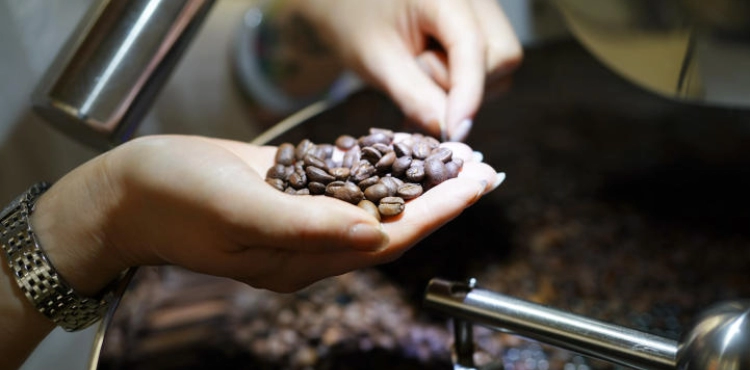The rare and forgotten Coffea Stinophila coffee may provide a guarantee for the future of high-quality coffee production, as it is considered to be much better quality than the Robusta and Arabica classes that are resistant to warming, according to a study published Monday.
Although there are 124 species of coffee trees known, the world relies on only two of them for consumption, namely Arabica, which has a high quality of taste, and Robusta, which is considered much inferior.
But the Arabica variety that grows in Ethiopia and South Sudan and grown at temperatures around 19 degrees Celsius is more vulnerable to global warming than Robusta, which is grown at 23 degrees Celsius. The study, published in Nature Plants, showed that the species re-highlighted, Coffea stenophila, bears six degrees Celsius more than Arabica.
The study author Aaron Davis of "Royal Botanic Gardens" in Kew (England) said that coffee production "is an industry estimated at billions of dollars that supports the economies of many tropical countries and provides income to 100 million farmers."
He stressed the importance of "finding a type of coffee that suits higher temperatures and has a good taste," considering that "this type may be necessary for the future of high-quality coffee."
In 2018, his team rediscovered Coffea stenophila in Sierra Leone, noting that no wild plants of this type had been detected since 1954. Davis collaborated with the French Center for International Cooperation in Agricultural Research for Development, which carried out a "sensory" analysis using grains harvested from the fields and preserved. On the island of Reunion.
A blind tasting was performed with the participation of experts from "Nespresso", "Starbucks", "Sapremo", "Larber a Café" and others.
All the experts found the coffee prepared with this type of coffee "different" from what they know, Delphine Miolet of the French Center told AFP, noting that it had a vegetarian flavor, along with "rose, balsamic and lychee flavors like the best Arabica." "The specimen was so rare that we couldn´t even get the whole team to taste it," she added.
And whether this type can be cultivated and under what conditions, Meuleh said, "We will test it in different environments to see its agricultural potential in the fields," noting that it grows in the shade, which is an important element that allows combining coffee plantations and forests.
And she noted that the possibilities of producing coffee of this type and putting it on the market are great, indicating that the manufacturers have shown interest in joining these studies.
She expected it to take some time, hoping to "start consuming this coffee within five years."












